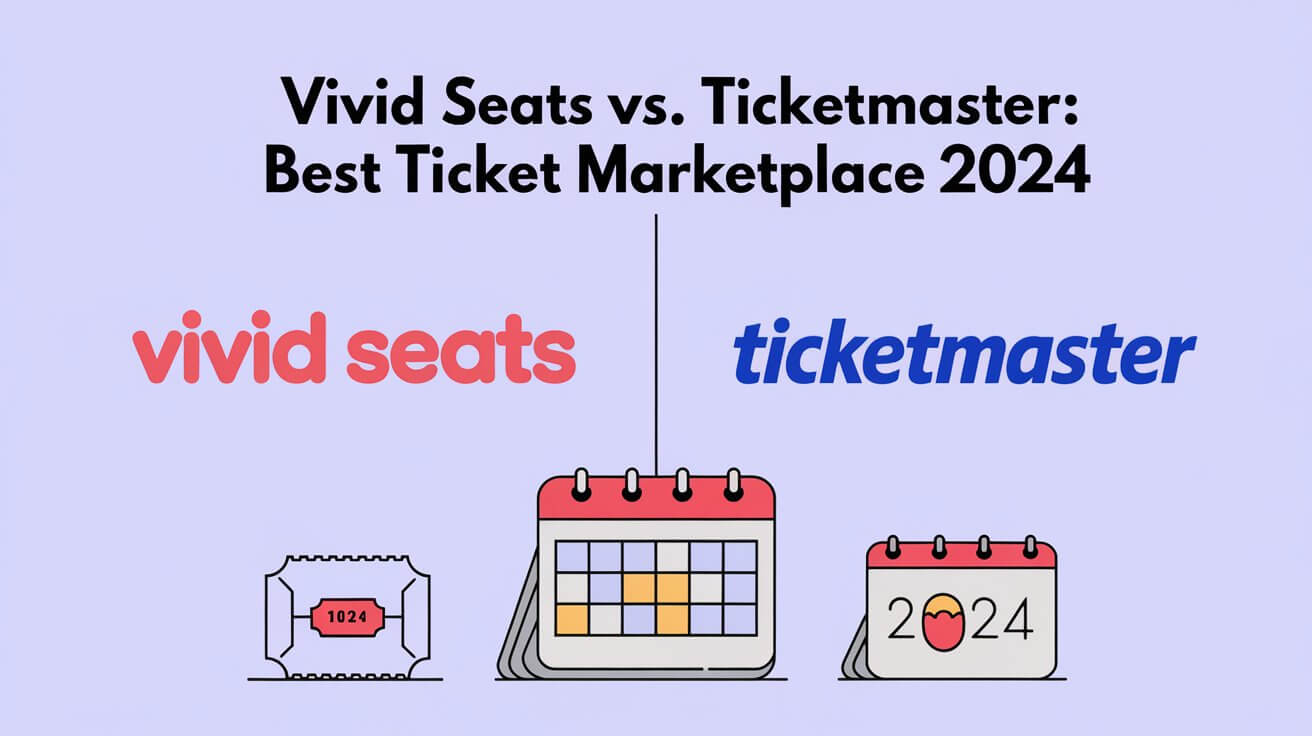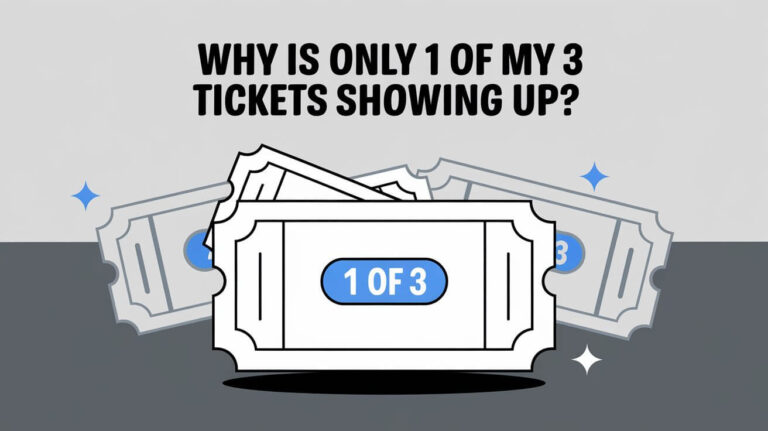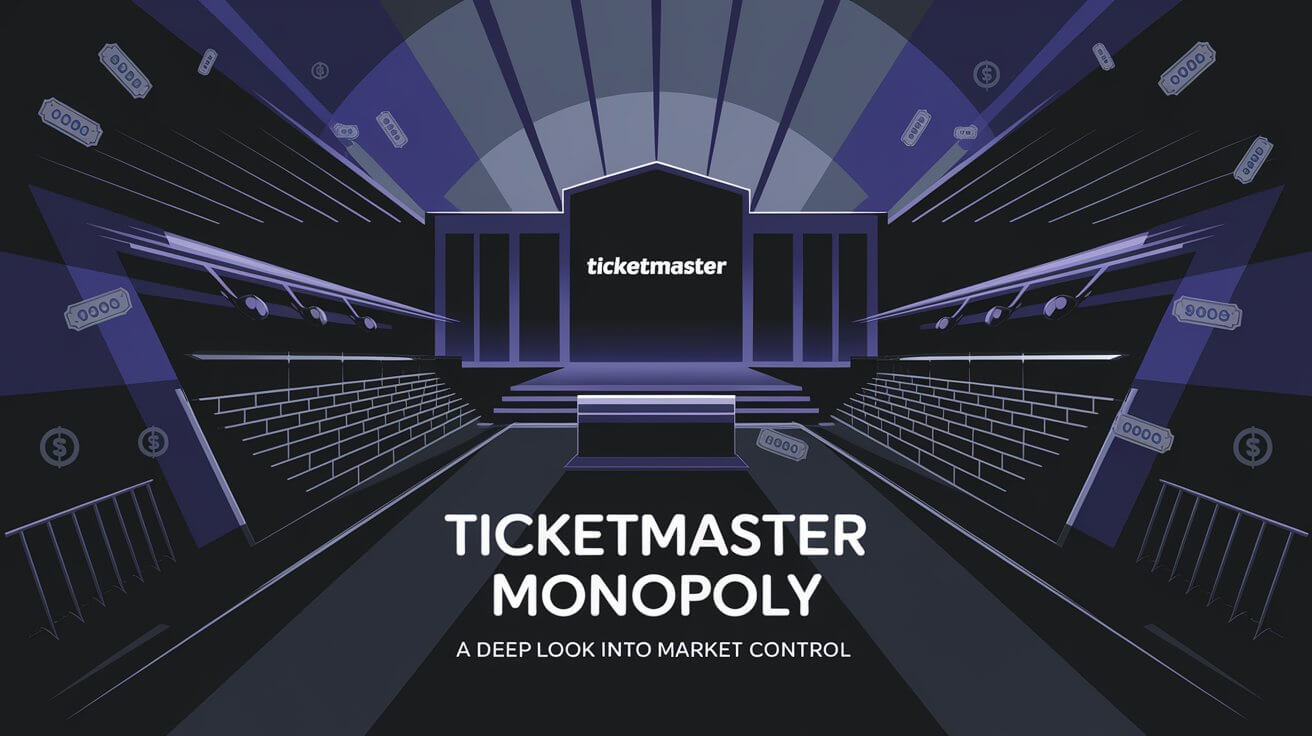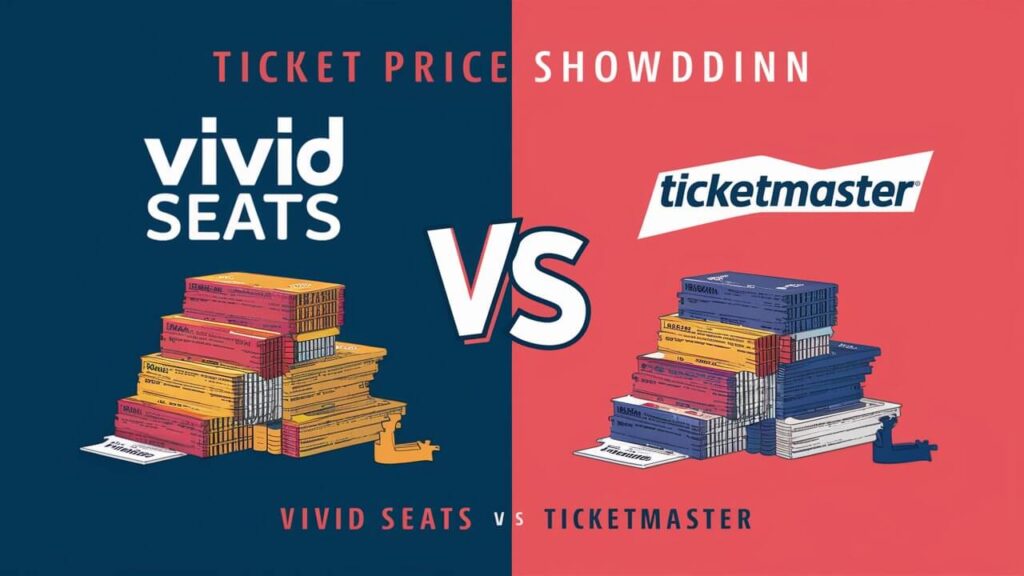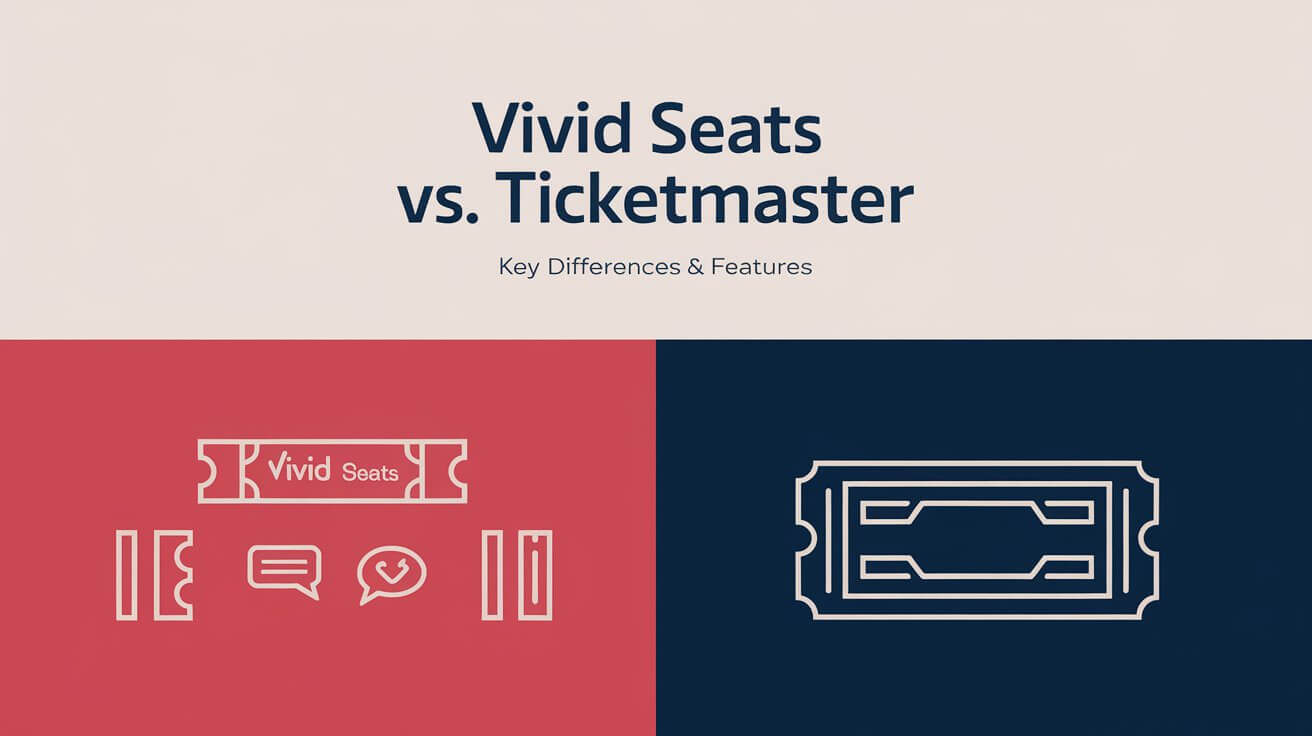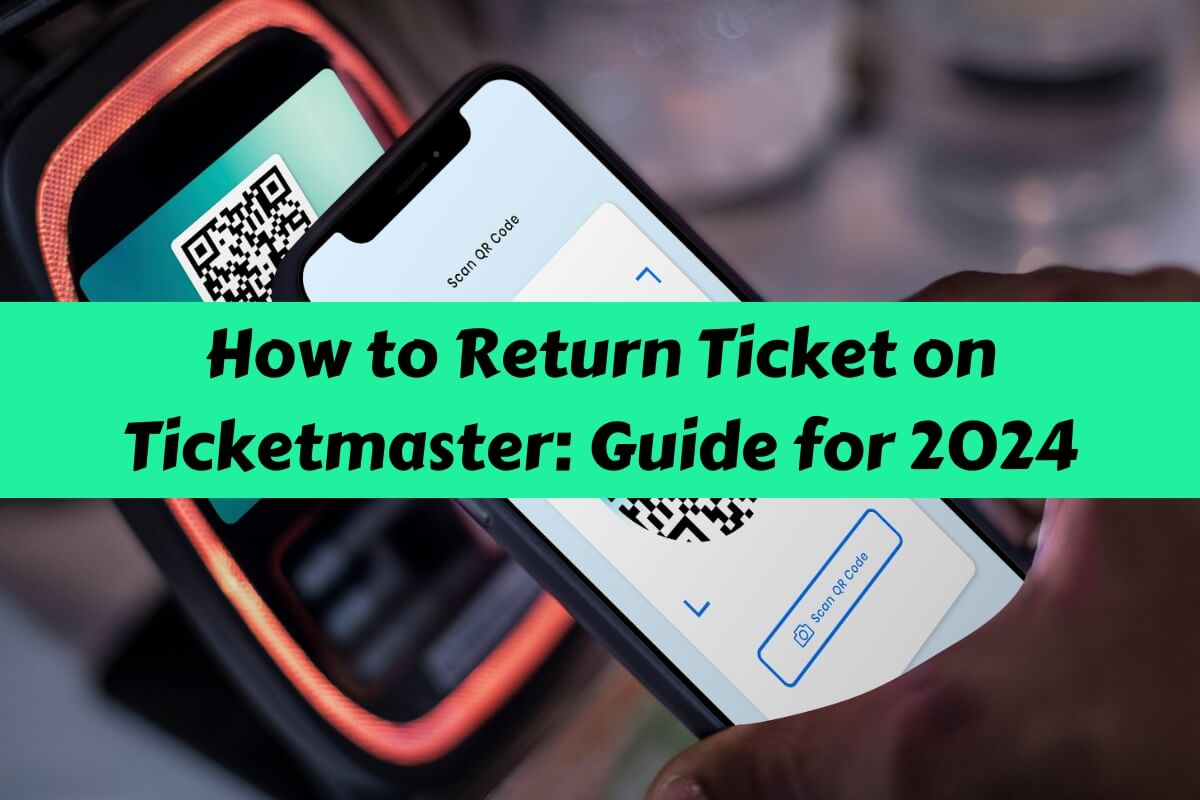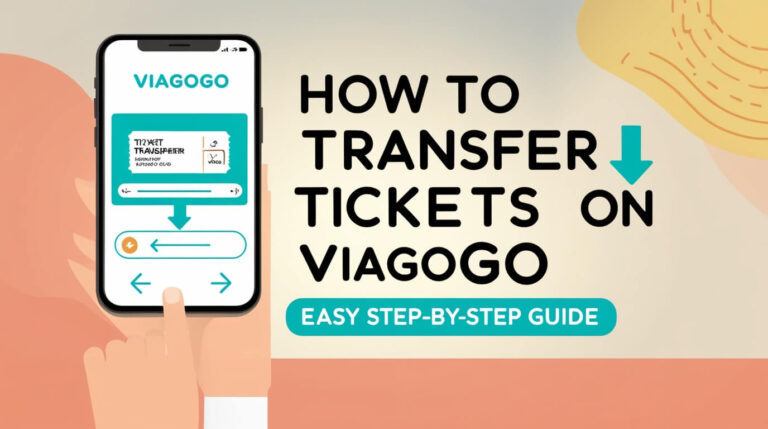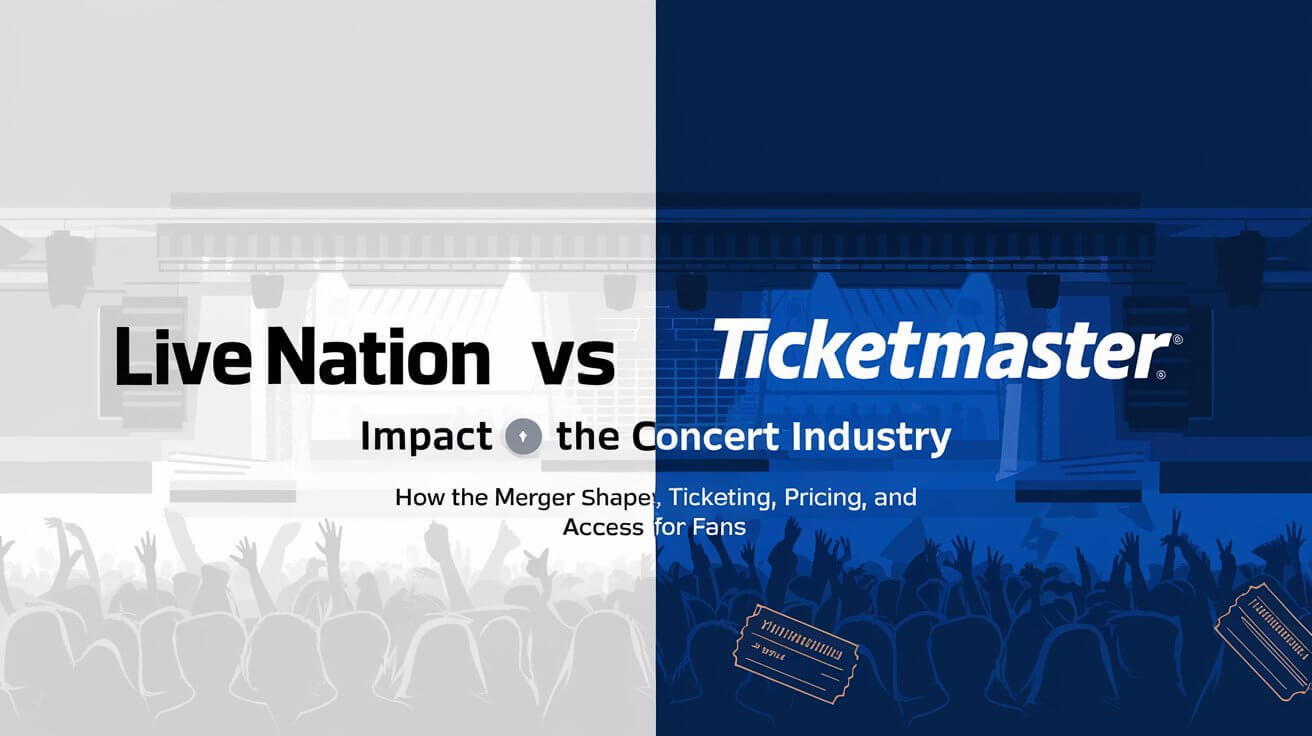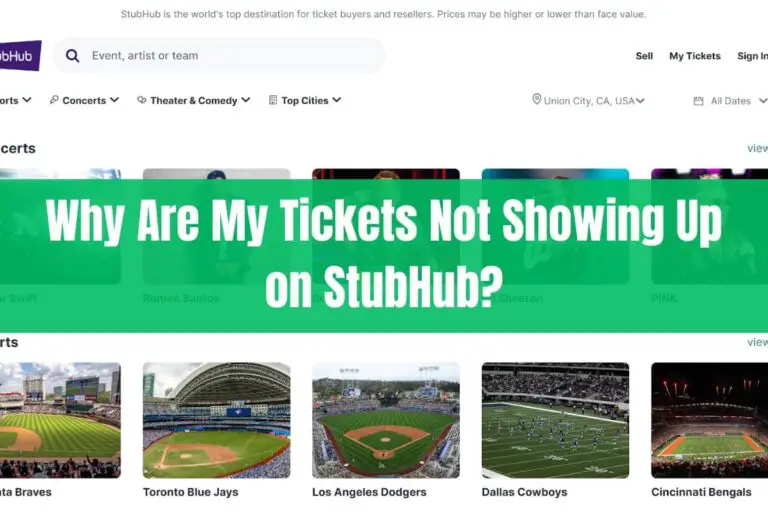Is Ticketmaster And Vivid Seats The Same
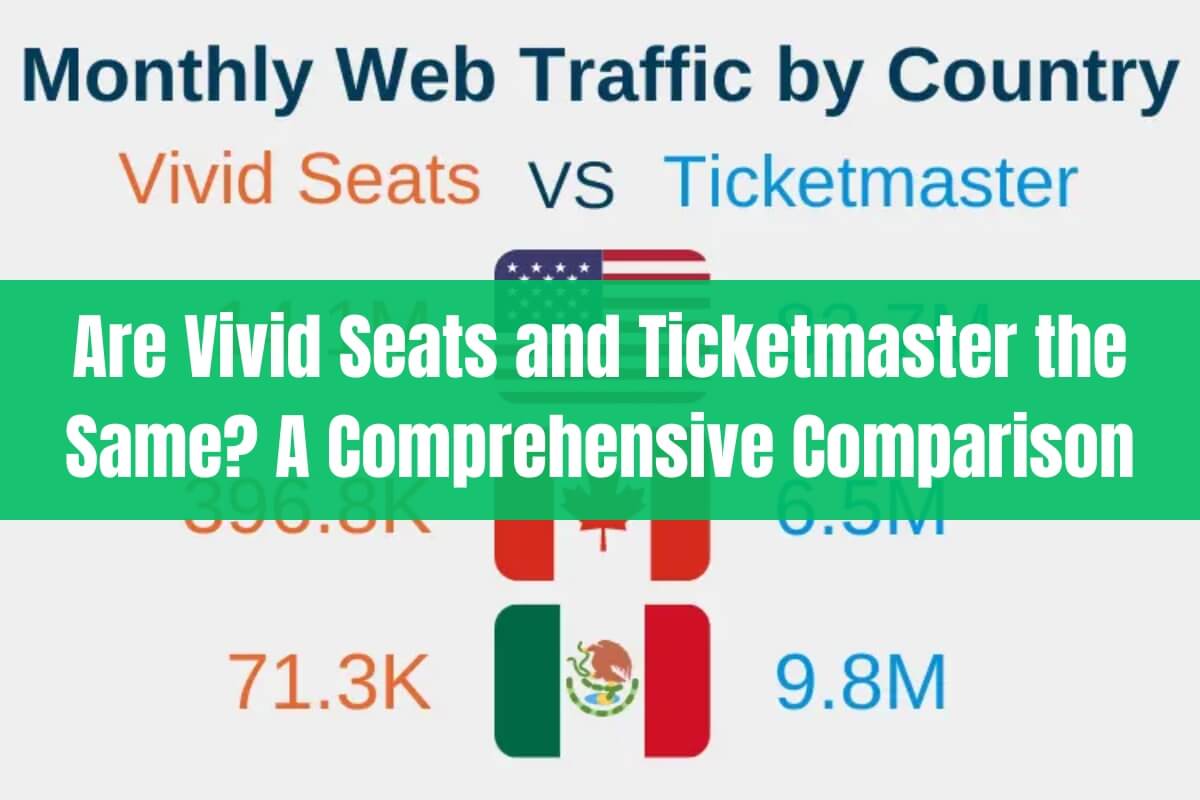
Confusion swirls around the relationship between Ticketmaster and Vivid Seats. Are they the same company? The short answer is no.
The intricacies of the ticketing market often blur lines, but while they operate within the same ecosystem, Ticketmaster and Vivid Seats are distinct entities with different business models and ownership.
Ownership and Business Models
Ticketmaster is owned by Live Nation Entertainment. This merger happened in 2010 and created a powerhouse controlling both ticket sales and event promotion.
Vivid Seats, on the other hand, is an independent, publicly traded company (SEAT). They operate as a resale marketplace.
While Ticketmaster primarily sells tickets directly from venues and event organizers, Vivid Seats facilitates the resale of tickets between individuals.
Primary vs. Secondary Market
Ticketmaster functions primarily in the primary market. This means they sell tickets for the first time on behalf of artists, teams, and venues.
Vivid Seats specializes in the secondary market. Individuals who purchased tickets can resell them on the platform, often at prices above or below face value, depending on demand.
The distinction is crucial. Ticketmaster's prices are initially set by the event organizers. Vivid Seats' prices fluctuate based on supply and demand among resellers.
Fees and Pricing
Both platforms charge fees, but their structures differ. Ticketmaster typically adds service fees, facility fees, and order processing fees on top of the ticket price.
Vivid Seats also incorporates fees, which can vary widely based on the event and seller. Buyers should carefully review all costs before completing a purchase.
Price transparency remains a concern for both platforms, with critics often citing the complexity of fee structures. This lack of full transparency makes it difficult for consumers to compare the real final cost.
Legal Battles and Controversy
Ticketmaster has faced antitrust scrutiny for its market dominance. Allegations of monopolistic practices have plagued the company for years.
Vivid Seats, operating in the resale market, often faces criticism for high prices and the potential for fraudulent tickets. However, they maintain policies to protect buyers.
Both companies navigate a complex legal landscape. Regulations regarding ticket resale vary by state and country, creating ongoing compliance challenges.
User Experience and Customer Service
User experiences differ between the two platforms. Ticketmaster is often the first stop for initial ticket sales, benefiting from direct partnerships with venues.
Vivid Seats offers a broader selection of tickets, particularly for sold-out events, but users should be aware of potential price variations and the importance of verifying ticket legitimacy.
Customer service experiences also vary. Both companies receive mixed reviews, with concerns about responsiveness and resolution of issues, especially related to refunds and canceled events.
Recent Developments
Ticketmaster continues to invest in technology to combat bots and scalpers. They’re implementing features like Verified Fan to prioritize genuine buyers.
Vivid Seats is expanding its partnerships with venues and events. They aim to increase their reach and offer a wider range of ticket options.
The ticketing landscape is constantly evolving. Both companies are adapting to changing consumer demands and technological advancements.
Conclusion
While Ticketmaster and Vivid Seats operate in the ticketing industry, they are distinct entities with different roles and business models. Understanding their differences is crucial for consumers looking to buy and sell event tickets. Monitor industry news and regulations for ongoing developments that may impact pricing, fees, and consumer protection.


